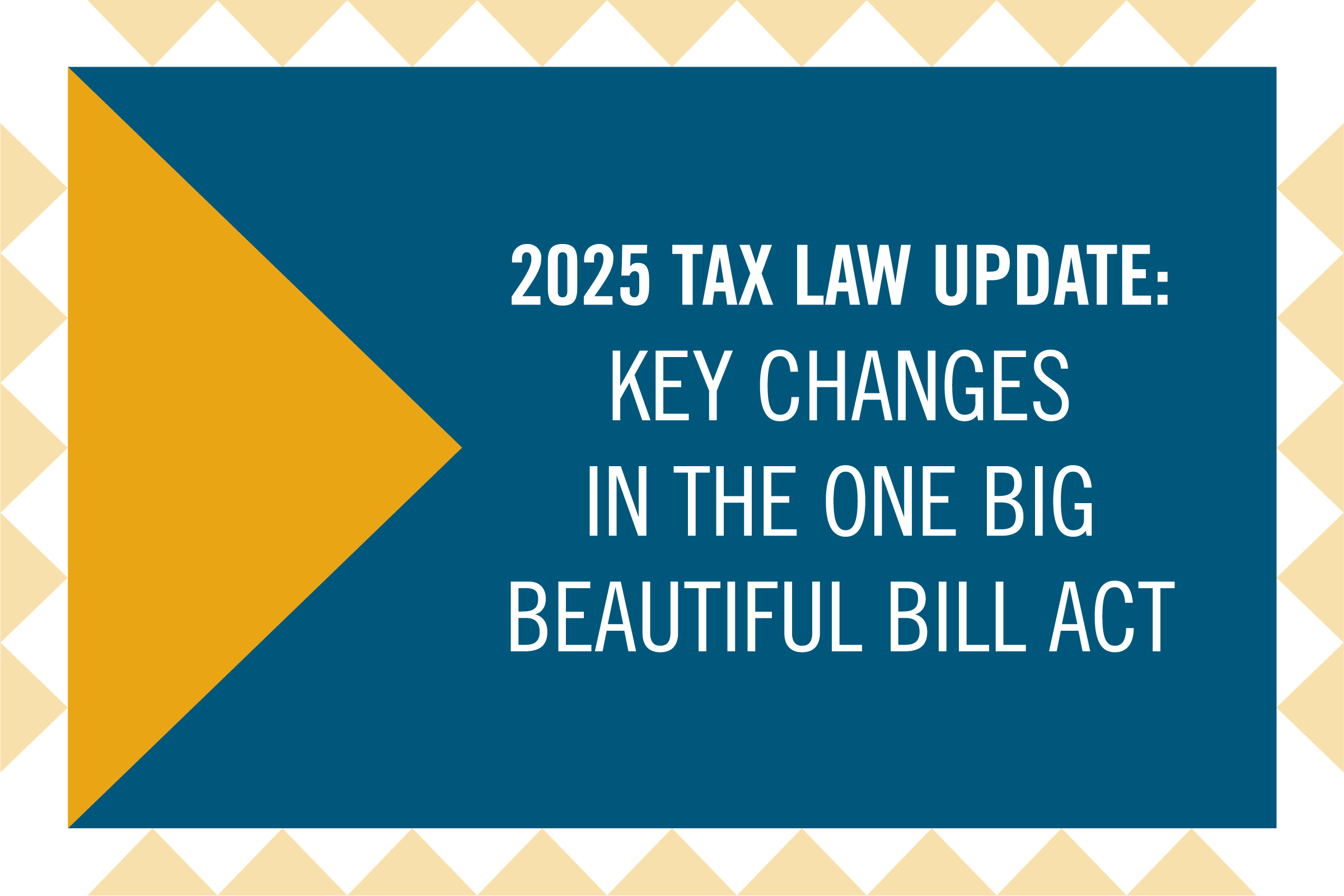Setting Nonprofit Executive Compensation
- Contributor
- Keith Hundley
Apr 17, 2025
Establishing executive compensation is a complex task for any organization—and not-for-profits are no exception. To attract and retain top leadership, nonprofits must offer competitive salary packages, but doing so comes with unique challenges. The IRS may impose excise taxes if compensation is deemed “excessive,” creating a fine line between offering enough to compete and staying within regulatory bounds. Meanwhile, nonprofits often face tight budgets and still need to incentivize performance aligned with mission-driven goals. A well-structured compensation strategy helps nonprofits stay competitive without drifting into compliance risks.
Attracting Top Talent
Averages of pay in nonprofits across the region or nation tend to be skewed by a few atypical organizations. Additionally, compensation varies widely according to the size, budget, geographic location, and mission of specific organizations. That’s why the board needs to find appropriate comparable data to set salary benchmarks. One tool that some organizations can use effectively in their review of compensation is a salary survey conducted by an independent company.
Generally, comparable executives have similar qualifications, perform similar functions, and work for similar types of organizations. In some cases where a nonprofit is part of a larger trade organization, there may be a survey of other members’ compensation that is meaningful. Be sure to compare apples with apples when reviewing total compensation amounts of organizations by including items such as bonuses, health insurance, retirement plans, and other benefits.
Nonprofit executives in particular also are often influenced by “soft” factors such as location or the organization’s mission. An executive’s passion for the organization’s mission, culture, or core values can play a vital role in attracting high-quality people.
Create Accountability for Nonprofit Executive Compensation Structure
In the for-profit sector, management personnel is held accountable for company performance. Likewise, it’s important that the members of a not-for-profit’s management team are provided with incentives and accountability for achieving the organization’s goals.
To ensure executives are earning compensation, provide the leader with specific, measurable goals based on the organization’s core mission. Then, build variable components into the executive’s pay that are earned only if — and when — these goals are met. (Note: Fundraising is a key job responsibility, but linking compensation directly to fundraising could be considered a conflict of interest so tread lightly.) Focusing on accountability shows stakeholders and charity watchdog groups that the organization values results and links pay to performance. Executive compensation is much less likely to be questioned if that person is meeting assigned goals.
In addition to protecting the organization’s reputation with important stakeholders, ensure that executive compensation won’t raise red flags with the IRS. To promote greater transparency, Form 990 requires filers to explain in three steps the process used to approve executive compensation. The three steps are:
- Was compensation reviewed and approved by an independent body, such as your board’s executive or compensation committee?
- Did the committee identify and refer to comparable compensation data?
- Were compensation discussions and decisions documented?
Too often, nonprofits overlook the third requirement. Documentation must include terms of the arrangement, approval date, a list of those who were present and voted, comparable data that was considered, and any actions by a member with a conflict of interest.
Balance Competitive Pay with Accountability
To attract and retain top leadership, your nonprofit must offer competitive compensation packages that appeal to experienced, high-impact executives. At the same time, pay should be tied to performance and remain in line with what similar organizations offer—otherwise, it may invite scrutiny from both the public and the IRS. CRI’s nonprofit team can help you design an executive compensation strategy that strikes the right balance: compelling, compliant, and aligned with your mission. With the right structure in place, your organization can move forward with confidence—ready to lead, grow, and serve.
















































































































































































































































































































































































































































































































